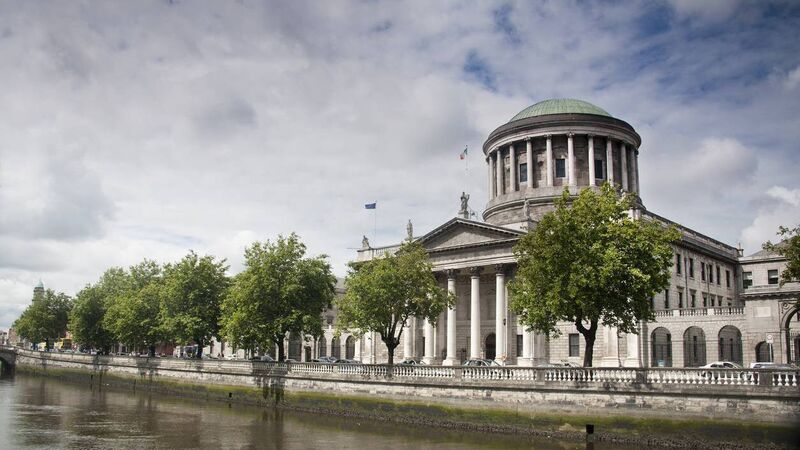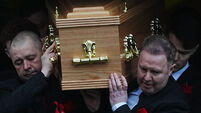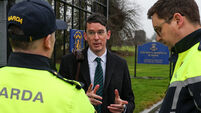Trans woman to challenge State's refusal to recognise her as biological mother of child

The woman is seeking a declaration from the High Court that she is legally and genetically a parent of the child. File photo
A UK trans woman, who used her frozen sperm to have a baby with her wife, has been granted permission to bring a High Court challenge against a refusal to grant Irish citizenship to the child on the basis that she is not the biological mother.
The woman — who has Irish citizenship while her wife does not — submits that if she has to claim to be the "father" of the child as part of the application, it would be an "offensive, discriminatory and unjust attack" on her person, gender identity and legal status.













